In the haunting aftermath of the Pakistani airstrikes in the southeastern Iranian city of Saravan, lifeless bodies lie side by side, draped in shrouds, some notably smaller, indicating the presence of children among those killed.
Some of these shrouds are stained with blood. The bodies are to be buried in Haq Abad village.
Following the Pakistani attack in Sistan and Baluchistan province last week, which resulted in the loss of at least 10 lives, including five children, the Islamic Republic's most significant official response to these deaths was to describe the victims as "foreign nationals."
At the break of dawn on Thursday, January 18, Pakistani military aircraft targeted purported "terrorist positions" following a missile and drone attack by the IRGC on Pakistani territory.
According to Iranian officials, this action resulted in the loss of at least 10 lives, including four children and three women.
Four individuals killed in Pakistan's assault on Saravan belonged to the same family.
Among the victims were 35-year-old Jan Bibi, a mother, and her three young children: Babur Doost, approximately two years old, Hani Doost, three years old, and Cheragh Doost, only a few months old.
Given that the attack on Haq Abad village, where this family perished, occurred around 4am, they were likely asleep when their home was hit.
The Haalvsh human rights website identified Jan Bibi's husband and the father of her children as Doostin Baluch.
There is no information available about his fate.
Two people named Mahkan Baluch and Najmeh Baluch are also confirmed to be among the victims of the Pakistani army's attack.
The Pakistani government maintains that it deliberately selected the targets to minimize "casualties and collateral damage."
The army asserted that its operation targeted bases of two armed separatist groups – the Baluchistan Liberation Army and Baluch Liberation Front.
However, the spokesperson for the Baluch Liberation Front declared in a statement that the group has no base or shelter in Iran.
Iran, while denying the existence of Baluch militants operating against Pakistan on its soil, has a history of cooperation with Pakistan in pursuing and eliminating political opponents.
The tragic demise of the victims once again brought to light an enduring problem in Iran — the predicament faced by those without official identity because they lack a birth certificate.
There are no official statistics on the number of people lacking identity documents in Iran, but the IRNA news agency reported in August 2022 that "based on the latest available information and statistics, approximately 1 million people in the country lack identification, including about 400,000 children. Among this total, 4,500 reside in Sistan and Baluchistan province."
Halimeh, who is in her 30s, is uncertain about her exact age. She falls into the category of "unidentified" individuals.
She managed to attend school until completing elementary education, thanks to a vaccination card and a letter from the governor of Kenark, in Sistan and Baluchistan province.
The woman, who pursued education in various self-governing schools, describes herself as an activist advocating for the rights of the "unidentified."
"Contrary to prevailing notions in the media and public opinion, the majority of those lacking birth certificates are not foreign nationals or offspring of non-Iranian fathers. We are Iranians who lack birth certificates," Halimeh tells IranWire.
According to her, many undocumented immigrants in Iran acquire birth certificates from impoverished border residents. After immigrating to Iran's border regions, they live with the identity of an Iranian.
"The sale of birth certificates means that a significant portion of the population is without birth certificates out of necessity. Moreover, the children of these individuals are also denied identity documents," the activist says.
Halimeh herself was deprived of a birth certificate because her father, who faced financial difficulties during his youth, sold his birth certificate to an undocumented immigrant.
"Another group of individuals without ID cards today includes those whose parents took no action to obtain a birth certificate for various reasons, for insurance to evade military conscription or simply because they didn’t feel the need. Consequently, their children are also denied birth certificates," according to Halimeh.
The third group of unidentified individuals are children born to Iranian mothers and non-Iranian fathers.
The absence of a birth certificate not only hampers access to education and healthcare, but also creates barriers in crucial aspects of life such as marriage, business and travel.
Asked why the Islamic Republic streamlines the process of issuing identity documents for these people, Halimeh tells IranWire: "When we are not included in the statistics, it means we essentially don't exist.
"This implies a lack of access to subsidies, leaving us without any support for our basic needs. In today's context, buying essential items like bread often requires a bank card.
"Without a birth certificate, obtaining a bank account is impossible, and without a bank account and card, even purchasing bread becomes an insurmountable challenge."
Halimeh highlights that during the COVID-19 pandemic, the names of unidentified individuals who lost their lives weren't recorded in official statistics.
And when vaccine doses became available in Iran, those without documentation struggled to get vaccinated.
"They deny us birth certificates because we are the ones on the frontline, often sacrificed in military conflicts, yet our deaths are unrecognized," Halimeh says.
Despite the Islamic Republic's efforts to boost population growth, a significant number of Iranians, primarily belonging to religions other than Shia Islam, are deliberately left without birth certificates.




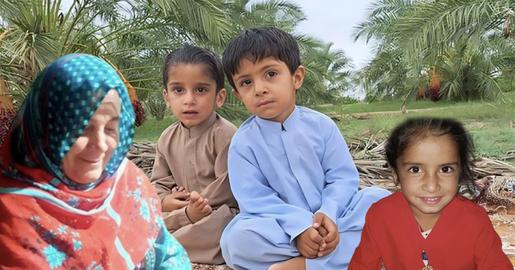
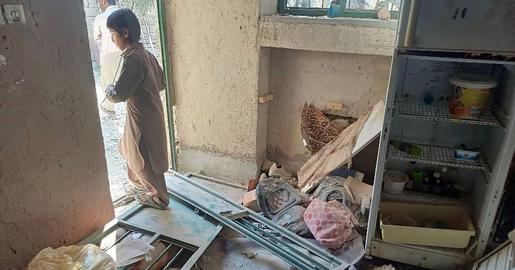
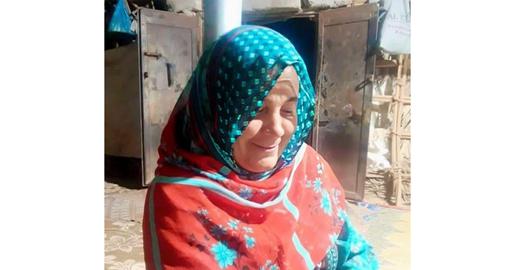
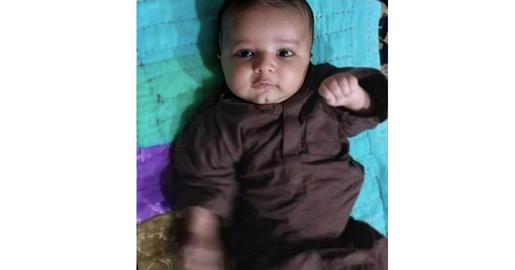

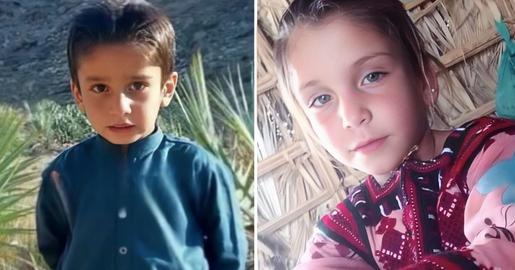




















comments